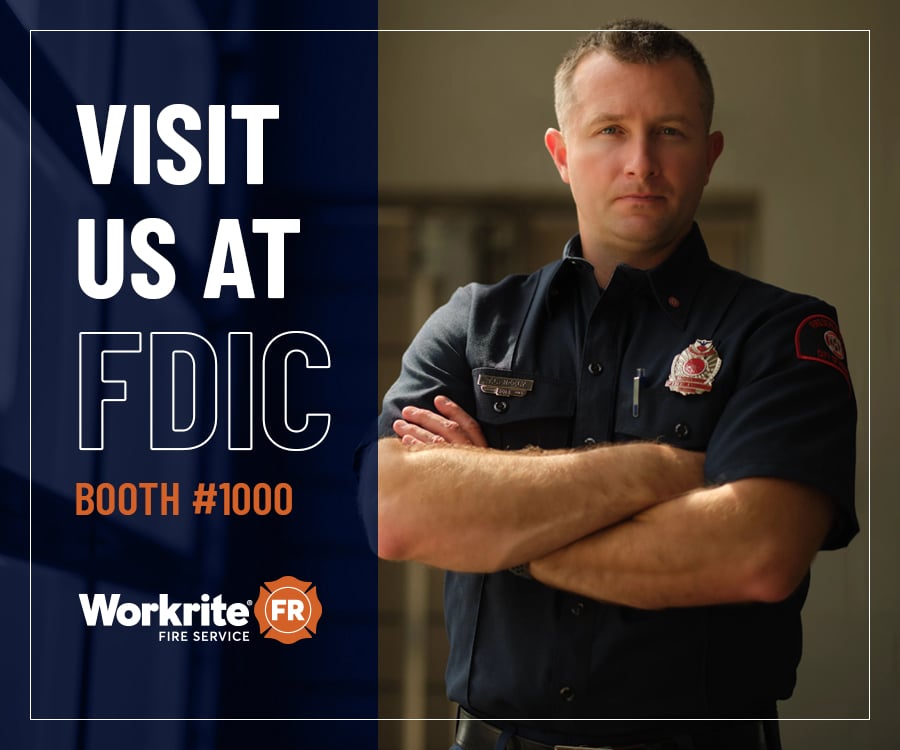Our Relationship with Morals

By: Dr. Kristen Wheldon – President and Founder of the Fire Service Psychology Association
Around the kitchen table, there is no shortage of advice. We listen in on the newest relationship conflict, the justification for questionable behaviors, and the self-righteous indignation we are all susceptible to as either the participant or the bystander. We subjectively define what is acceptable and rarely take the time to measure up our behavior to any particular standard.
Since we work closely with crew members, these positive working relationships can bias our opinions so that we aren’t consciously challenging bad behaviors but rather reinforcing even the most obvious moral offenses. Through time, the normalization of deviance can allow us to rationalize bad behavior into something that is not only acceptable but completely justifiable. This process has consequences for not only the individual, but their family systems, crew, organization, and the relationship we hold with our communities.
Morals as Individual Processes
Morals are often defined as individual personal beliefs about what is right or wrong. These deeply ingrained principles are heavily influenced by upbringing, culture, personal experiences, and spiritual beliefs. These morals can be the guiding principles we use to navigate relationships in the workplace, at home, and with the communities we serve. Since we all have different moral standards, it becomes difficult to predict what a person will choose to do in a given circumstance. Furthermore, since trust is based on predictability, it is important for groups to establish standards to govern behavior and to support the development of cohesive work environments.
Fire Service Ethics
Looking back to the start of our fire service careers, we are educated about ethical codes of conduct which are meant to guide our behavior within this specific context. Our ethics become the standard that our professional community agrees upon. It may be briefly touched upon through storytelling, espoused through posters or other signage throughout the academy or stations, or taught at the academy or through officer leadership programs. Without revisiting and recommitting to these standards, we often fall away from them as any other normalization of deviance.
Moral Conflicts
There are situations in which our morals and ethics conflict within the workplace. There are also scenarios where the ethics themselves conflict to where upholding one standard might be violating another. These ethical dilemmas make our work complex and validate the need for this aspect of training to be part of our professional development and leadership.
Kant and Morality
Immanuel Kant was an 18th-century German philosopher who focused on the nature of knowledge, ethics, and foundations of human understanding. He introduced the concept of the “Autonomy of the Will” which argued humans have the capacity to act in accordance with rational moral principles. He also described the idea of a “Categorical Imperative” which is defined as:
“Act only according to that maxim whereby you can at the same time will that it should become a universal law.”
In simpler terms, we could say: “Before you do something, consider whether you think it would be acceptable for everyone in the world to do the same thing in similar circumstances.”
When we consider our behavior in the broader context of acceptable human behavior, we take a look at not only whether we’d like someone to treat us a particular way but also whether or not there are logical contradictions or an undesirable outcome when applied universally. According to Kant, we not only have the ability to follow a moral principle, but we also have the capacity to understand how our behavior applies in a much larger perspective.
Kant and the Firehouse
The fire service is not different in degree from other first responder groups but is a matter of kind. Given the team dynamics and mission focus, we are often at the mercy of the crew to succeed not only operationally but psychologically thrive in the workplace. This dynamic makes us less likely to challenge immoral behaviors because of the fear of being ostracized (kicked out of the group.) Whether these immoral behaviors are directed at a member of the crew, upper or lower management, family systems, or members of the community, we can become apprehensive about challenging the culture because of how it may impact us personally. It is not only the responsibility of an individual to bravely uphold ethical standards but the culture to create the opportunity for the system to correct itself through feedback loops.
Psychological Safety
Psychological safety creates opportunities for department members to feel included, and safe to learn, contribute, and challenge the status quo. Psychologically safe work environments allow us to have open conversations about how our behaviors not only affect us but also influence those around us. As the fire service grapples with challenges related to organizational betrayals, moral injuries, negative behavioral health outcomes, and other challenges, let us recognize our abilities to commit to ethical standards (“Autonomy of the Will”) and also apply the logic that when we make a moral decision should we consider whether it would be universally acceptable if we all acted in that way (“Categorical Imperative.”)
Podcast
Contests & Promotions
















